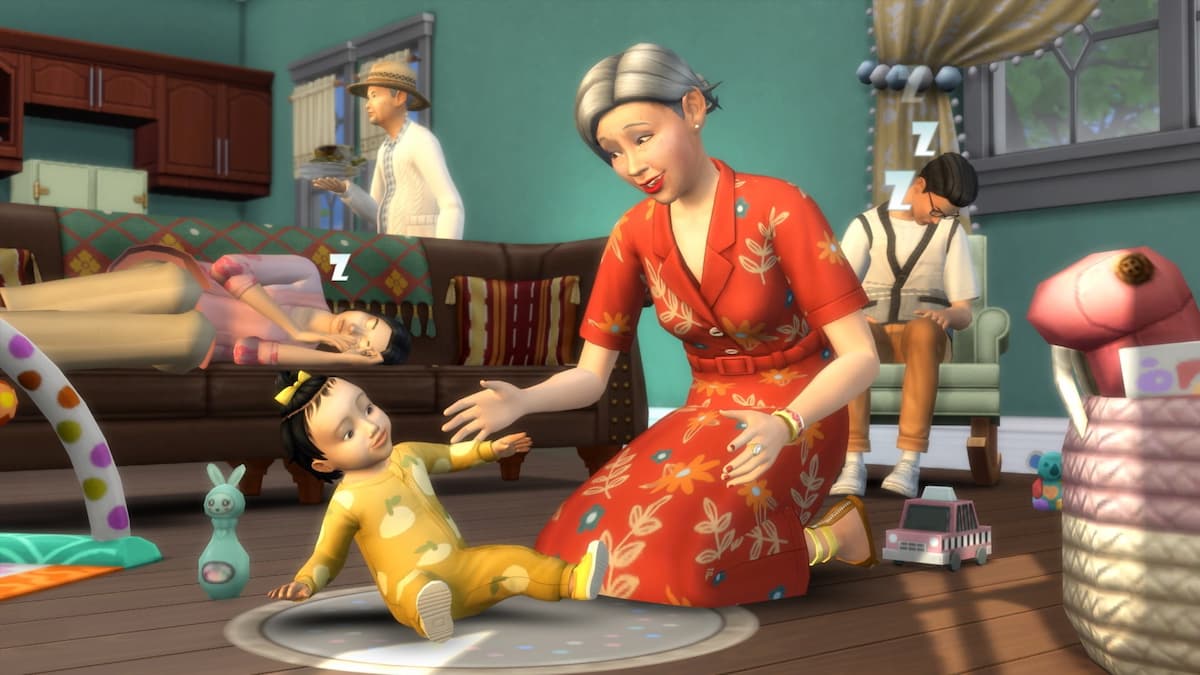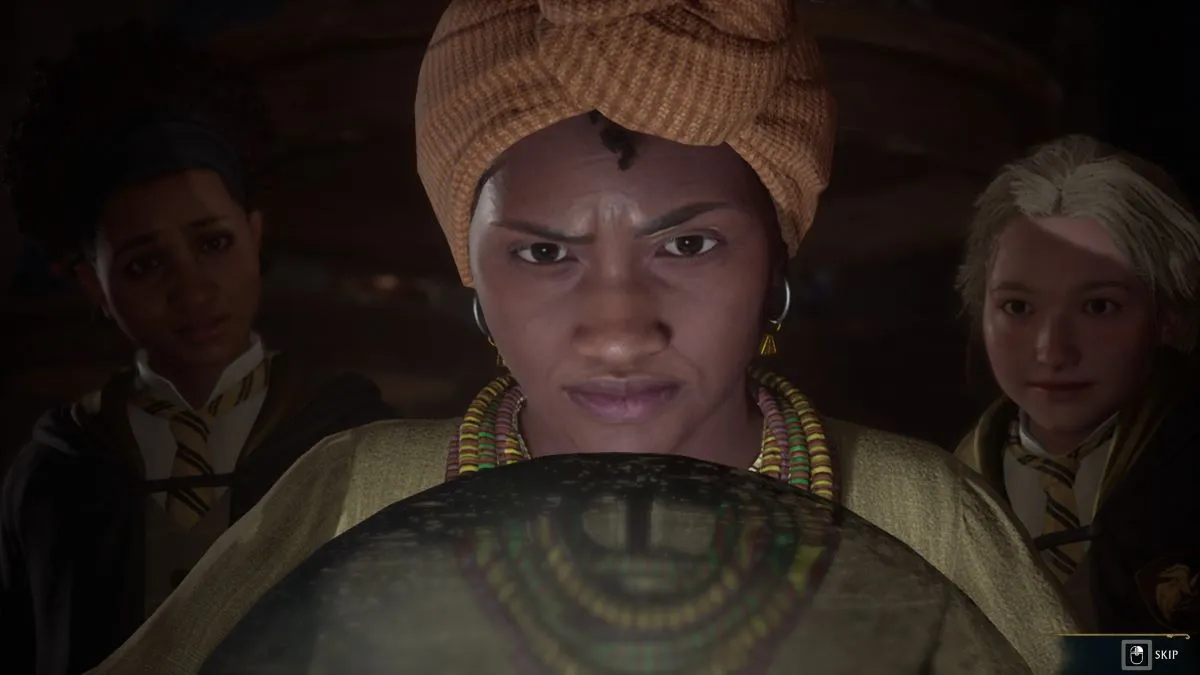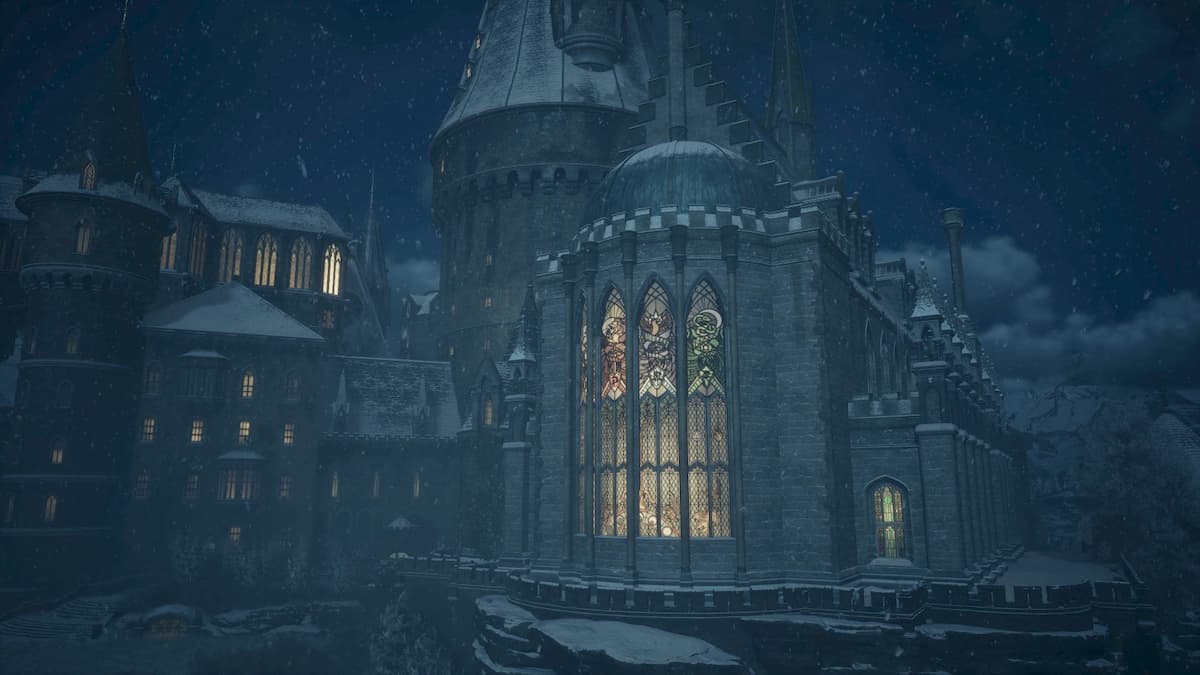Why does anybody play games? There is no one concrete answer to this question, but it does seem to create a lot of heated debates both in the online blog/forum sphere and in academia.
For the medium of video games to keep evolving and expanding, I believe it is important to acknowledge that when both extremes meet somewhere in the middle, the results have a tendency to not only make the games that people end up remembering years after they are released, but end up selling really well. So, it’s not only ideological, but financially practical to hear what the other side has to say.
Ludology vs Narratology is a debate I didn’t have much experience in until recent years when I went to get my Master’s in Game Design. When I told people that my focus was writing, it seemed to immediately ruffle a few feathers, but I couldn’t understand why.
Just what is this debate all about anyway?
Ludologists believe that games should be examined, critiqued and valued based purely on the systems they create (IE the rules, the game world, and events driven by player action). They tend to care very little about a game’s story, and focus more on the depth of mechanics, and believe that because a player has an active influence on the events of the game, it is a different form of entertainment that can’t be compared to books or movies.
Narratologists see games as another form of narrative expression, often aligning them with books and movies, and feel that a game should be examined as such. They relegate mechanics and systems as somewhat secondary to the message the game is trying to convey.
There are a multitude of games that strictly adhere to each side of the debate and here are a few of them:
Ludology
- Pong
- Rocket League
- Audiosurf
Narratology
- Telltale’s The Walking Dead
- Wing Commander
- Gone Home
Which side is right?
Depends on who you ask, but my personal stance is simple. Neither. I don’t think there really is a correct side to be on as both extremes have proven to create really great games that use each philosophy in such a way that makes them uniquely compelling. Back in February, Tech Times ran an article ranking the 15 best-selling video games of all time (per copy sold), and the result was very mixed.
- The Elder Scrolls V: Skyrim 20 million copies since Nov. 11, 2011
- Mario Kart DS 23.3 million copies since Nov. 14, 2005
- Call of Duty: Black Ops 24.8 million copies since Nov. 9, 2010
- Grand Theft Auto: San Andreas 27.5 million copies since Oct. 26, 2006
- Super Mario Bros. Wii 27.8 million copies since Nov. 11, 2009
- Wii Play 28.2 million copies since Feb. 12, 2007
- Call of Duty: Modern Warfare 2 28.5 million since Nov. 10, 2009
- New Super Mario Brothers 30.7 million copies since May 2006
- Wii Sports Resort 32.6 million copies since June 25, 2009
- Mario Kart Wii 34.3 million since April 2008
- Grand Theft Auto V 45 million copies since Sept. 17, 2013
- Minecraft 60 million since May 17, 2009
- Wii Sports 82.9 million since Nov. 19, 2006
By looking at this list, we can determine that very few of these games strictly adhere to one side, but rather incorporate elements of both to make them successful. What would an intensely competitive racing game like Mario Kart be without the backdrop of its lovable world and characters? Or the lore-filled role-playing world of Skyrim be without the nearly limitless ways you can create and develop your character’s abilities while travelling an expansive world filled with intelligently placed towns and landmarks that subtly keep the player moving from one area to the next?
Why might I be wrong?
Pfff. I’m never wrong. Just kidding (maybe), but you could make the argument that one side of the argument (Ludology) has dominated the war for total gross income. Business Insider ran an article back in August of 2015 of the Top 11 highest grossing games of all-time and the list leans pretty favorably to the side of ludology.
- Westward Journey series (PC, 2001) — $3.9 billion
- Dungeon Fighter Online (PC, 2005) — $4 billion
- Donkey Kong (Arcade/NES/Coleco, 1981) — $4.4 billion
- Wii Fit (Wii, 2007) — $5 billion
- Lineage series (PC, 1998) — $5.7 billion
- Wii Sports (Wii, 2006) — $6 billion
- CrossFire (PC, 2007) — $6.8 billion
- World of Warcraft (PC, 2004) — $8.5 billion
- Street Fighter II (Arcade/SNES/Genesis, 1991) — $10.6 billion
- Pac-Man (Arcade/consoles/mobile/PC, 1980) — $12.8 billion
- Space Invaders (Arcade/Atari 2600) — $13.9 billion
Only three of the eleven games on this list (Westward Journey, Lineage, and WoW) can either claim any semblance of balance or lean towards narratology while the other eight games, including the top three, are primarily ludological game experiences.
Why might the opposition be wrong?
In looking at the list above, we have to account for the fact that a number of these games, including the tope three, were created during a time when game development was still in its infancy. So the games that were coming out had significantly more limitations on them than the more narratively inclusive games that have released in more recent years.
Apart from that, there are a number of highly desired game sequels and remakes that have achieved a mythological state in the eyes of fans all over the world that incorporate elements of both sides of the argument. The Final Fantasy VII Remake, Shenmue 3, and The Last Guardian all made tidal waves across the internet during Sony’s E3 Press Conference this year. And if their names aren’t enough to convince you, perhaps these reactions will.
I guarantee you that there was never that much excitement for side-leaners like Rocket League or Telltale’s The Walking Dead. Of course, we aren’t even counting the numerous conspiracy theories and “confirmations” about Valve’s highly sought after pipe dream, Half-life 3.
The Half-life series is widely known as a master class in level design, player direction, and yes, interactive story-telling, so in turn it ends up being appealing to a wider range of gamers.
So are both ludologists and narratologists wrong?
Extremists usually are wrong about a lot of things, and the data suggests that consumers favor more balanced game experiences in more recent years. Gamers come in so many more flavors now than they did back in the ’80s and ’90s that Myst and Pong simply aren’t good enough to be blockbusters anymore. And, with advances in game engine technology, there’s simply a higher expectation for what a video game should be.
This isn’t to suggest that game’s of either extreme aren’t beneficial to the video game medium. Quite the opposite. Telltale’s The Walking Dead ended up winning the Game of the Year award back in 2012, cementing the legitimacy of indie games as viable competitors to AAA releases. A number of people have made a great living playing games like League of Legends, Starcraft or DotA 2 professionally and the rise of eSports can be attributed to a surge in ludological game experiences as well. This has coupled with Twitch streaming becoming insanely popular in the gaming community and a great way for consumers to check out a game before they buy it.
Gaming greatness comes in many flavors and the pillars of the industry have been built on both sides of the debate. The games that end up in the conversation for (and win) the yearly awards for Game of the Year tend to embrace both sides. In looking at the contenders for this year (The Witcher 3: Wild Hunt, Metal Gear Solid V: The Phantom Pain, and likely Fallout 4), that will be no different.














Published: Sep 26, 2015 06:31 pm